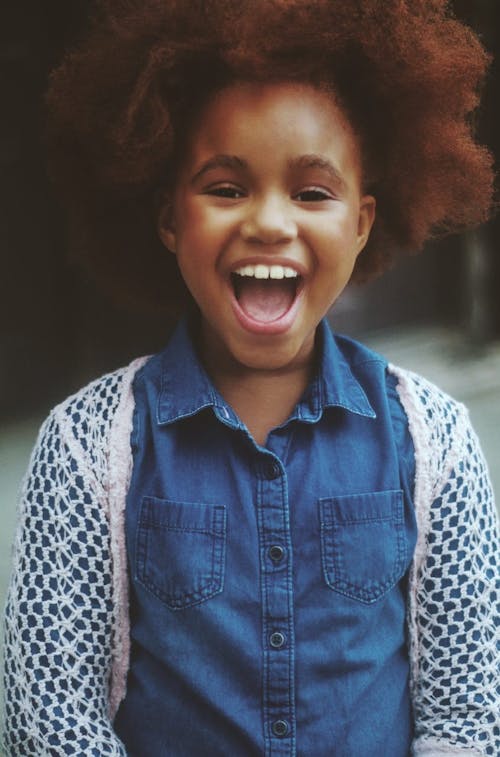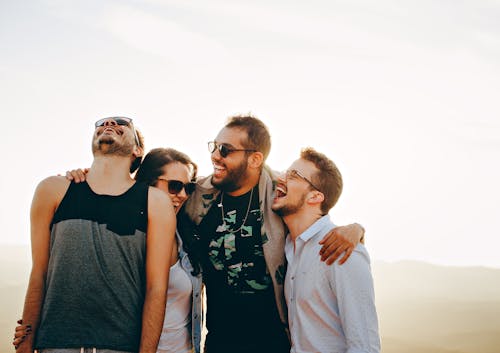The Importance of Self-Love
Start Loving Yourself! Please learn to love yourself! No matter if you are in pain, are an emotional wreck, are about to lose your lover or your paycheck. Whatever the conditions, there is no other choice based in reality but to love yourself, no matter what.
Understanding Self-Love
Learning to love oneself is critical to one’s sense of well-being. This type of love is not based on a sense of accomplishment or wealth. This type of love is not self-centeredness. Some people rail against self love due to religious injunctions and other views against selfishness. They may also be conditions to slog through self chastisement with work or compulsive behavior. Some of us find that the more we can be our own best friend, the more loving space we have for others. We are mammals. We are genetically wired to nurture one another. However, from the time we are born until the time we die, we are faced with pain. In these moments, we may begin to question the premise that we are love, to love oneself.
Challenges from Childhood

Things can go really wrong if our parents did not have it in them to love us. Perhaps they were too busy working, or they were doing substances, or they had mental health challenges. They just could not hold out to us how precious we were on a consistent basis. These children may have grown up doubting, less trusting, less confident, felt unworthy and unlovable. As these kids grew up, they may have attempted to fill that emptiness with doing. such as doing substances, doing work, doing wealth, doing power. When things went wrong, which things do, they would become preoccupied with their alleged shortcomings. No matter what they where doing, it was never enough. They kept on feeling worse and worse, yet kept doing more. They were chasing the tail of their dog. Kids who grew up with consistent loving and accepting parents, this usually became internalized in their psyche. They felt like they were enough. They were more trusting, lovable, confident and worthy.
The Illusion of Lacking

Of course this is a societal problem also. Our media shouts that to have this product or be this person, then we are in, we belong. Our media reinforces a sense of lacking, a sense of never enough. So we keep chasing the illusion of wanting more, fueled by the illusion of lacking something. There will never be enough for some of our people.
Seeking Help and Building Community
Yet for our brothers and sisters who have not received enough loving attention, help is on the way. The help allows us to develop insight and acceptance of the pain of a severed relationship with ourselves. The help teaches us through modeling and action how to develop in self love. The help “loves us until we can love ourselves.” For some us we need that one person who can reflect our essence of love. Therapist, friend, minster, yoga or meditation teacher, massage therapist, tai chi instructor, they are out there. Some of us think that if I read the right book or listen to the best podcast, then I can go to the world. Anything worthwhile is worth working for! To get better, you must go in the world.
Community and Its Power
Community is a huge factor in shining the light of kindness and friendliness on us. Support groups like AA or NA are awesome because we often do not feel good about ourselves when we start walking the path. The people of the group can love us in the midst of shame, loneliness or anxiety. Meditation groups are powerful because all are accepted and treated well. Church prayer groups or Bible study groups can be effective. Common cause groups such as Meet up outdoor adventure groups, Sierra Club or NAACP can be powerful. Book clubs. What a paradox that so many of us that feel that we do not belong, yet we can let go of that belief through approaching a group that welcomes belonging.
Forgiveness and Reintegration
In The Art of Forgiveness, Lovingkindness, and Peace Jack Kornfield describes an African forgiveness ritual: “In the Babemba tribe of South Africa, when a person acts irresponsibly or unjustly, he is placed in the center of the village, alone and unfettered. All work ceases, and every man, woman, and child in the village gathers in a large circle around the accused individual. Then each person in the tribe speaks to the accused, one at a time, each recalling the good things the person in the center of the circle has done in his lifetime. Every incident, every experience that can be recalled with any detail and accuracy, is recounted. All his positive attributes, good deeds, strengths, and kindnesses are recited carefully and at length. This tribal ceremony often lasts for several days. At the end, the tribal circle is broken, a joyous celebration takes place, and the person is symbolically and literally welcomed back into the tribe.”
Facing and Transcending Pain
Unskillfully processed pain is the set up for denial of self love. Pain is unpleasant. Right after the unpleasant sensory experience of pain, we often launch into some unpleasant emotion and thinking. Emotions like hurt, discouragement, disappointment. Looking closer, often fear or anger is present. We often find some infection about my relationship to myself. We may say or feel things like “I do not matter” or “I will never get it right” or “What is wrong with me?.” When pain occurs, we often repeat the same emotions and same statements of self doubt.Then we may use some painful action of over eating, thinking or media. This makes the pain worse.
Or instead of judging ourselves, we may start judging some other person. “What an idiot!” or “Will they never get it together.” And there will be an emotion, fear and anger may be present. Whether we beat on ourselves or beat on another, we are still hurting ourselves.
These can be incredible opportunities to change the direction of our lives. We are becoming free of deep rooted pain and replacing this with the infinite spaciousness of love. There will be joy in close relationships and an urge to help others through their pain. We can see clearly the interdependence of all life.
Strategies for Cultivating Self-Love
Here are some things one can do to move towards self love:
- Honor your pain and your conditioned response to pain. The old habits have served you in some ways in the past.
Insight around the old response can help us formulate the new response. Wisdom of the past and neuroscience has
taught us that we need face and walk though pain. The resolution of pain can be the doorway to joy. - Begin being with a group of safe people.
- Examine your relationships. Does your friend group have some toxicity? If so consider adjusting your proximity
to those folks. “Lay down with dogs and you get fleas!” - Watch how you talk to yourself when in pain, and if you are harsh and judgmental, let’s change that! Yet do not
judge the judging! Can you talk to yourself like you would if you were supporting a child in pain? “Yes I hurt.
But I also feel care and concern. I am both the comforter and the one in need of comfort. There is more to me
than the pain I am feeling right now. I am also the the heartfelt response to that pain (from Kristen Neff.) or
“Dearest Andy, I know this is tough for you, yet you have everything within yourself to walk through this and be
a better person!” - In your self talk, can you avoid any judgements? Instead of saying “I am an idiot for being late!” you could say
“Some of the most dependable people I know are late sometimes. Next time I will do better!” Can you be positive,
noting what is right instead of what is wrong? “I was late for my date with my husband, but I feel good about
the card I wrote him!” See Ajahn Brahm’s story of “Two Bad Bricks in the Wall” https://www.youtube.com/watch?v=kiu7iHzYQhQ - Can you reflect on that you were doing the best you could? In other words, your intention may have honorable,
yet things went wrong. “I was working really hard on being there on time, yet I have more to learn.” - In general the following forgiveness mantra can help: “I was doing the best I could, at that time, with what I
have!” - Could you practice gratitude? For life, for your morality, for others, for shelter, for food etc.
- How about a short statement or mantra to practice through your day? “Be Happy” or “May I be Safe and Well.” This
can move energy in different pathways than the self judging pathways in the brain. Be creative with this! - When pain gets activated, learn to practice mindfulness: present moment objective awareness of the pain with out
taking the pain personally. - When the pain gets activated, practice the statement or mantra. “May I be peaceful and live in kindness.” Be
ready to practice this for awhile! - Practice self nurturing when in pain: ice cream shop, a glass of wine with a friend, how bath, allowing your
spouse to hold you. Perhaps that thing that brings you joy, that thing you have always wished to do, yet have
not made time.
Resources
Branden. Nathaniel. Honoring the Self: Self Esteem and Personal Transformation. Bantam. 1985
Feldman, Christina. Boundless Heart: The Buddha’s Path of Kindness, Compassion, Joy and Equanimity. 2017. Shambhala 2017.
Neff, Kristen. Self compassion: The Proven Power of Being Kind to Yourself. William Morrow 2011.
Salzberg, Sharon. Lovingkindness: The Revolutionary Art of Happiness. Shambhala. 2002.


